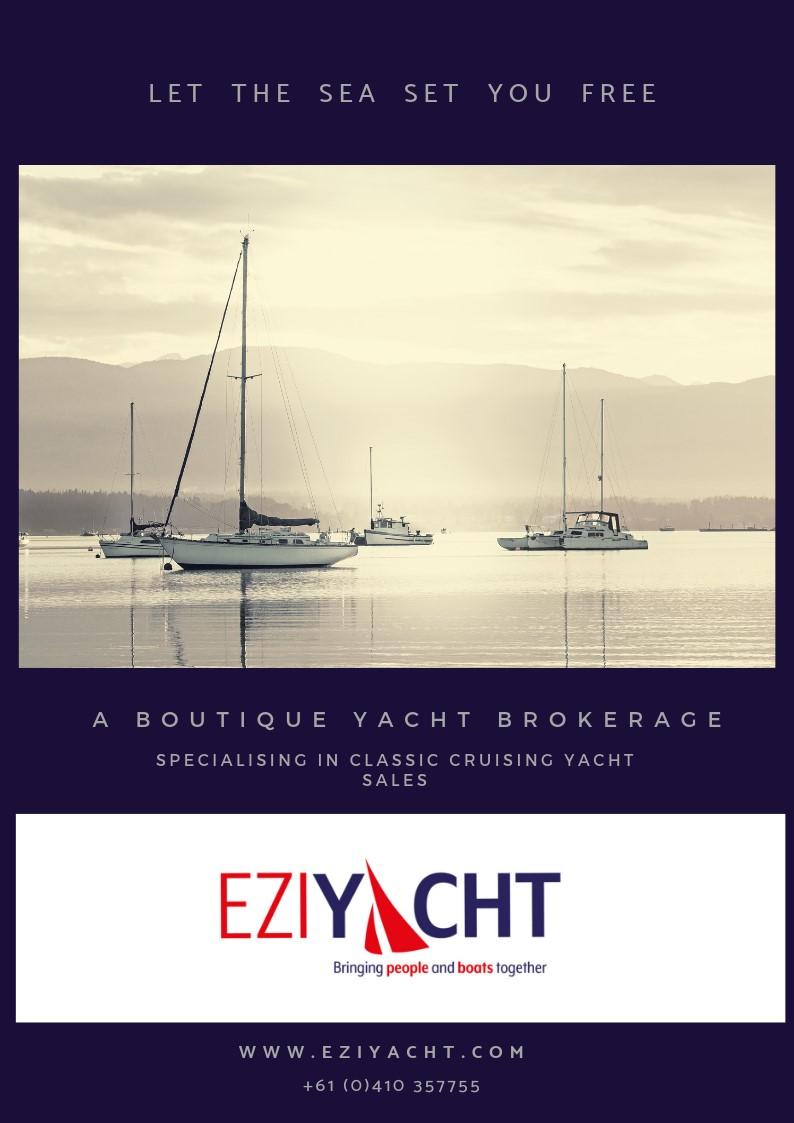
7 minute read
Flat Bottomed Girl: Barge Boats
Flat bottomed girl

Advertisement
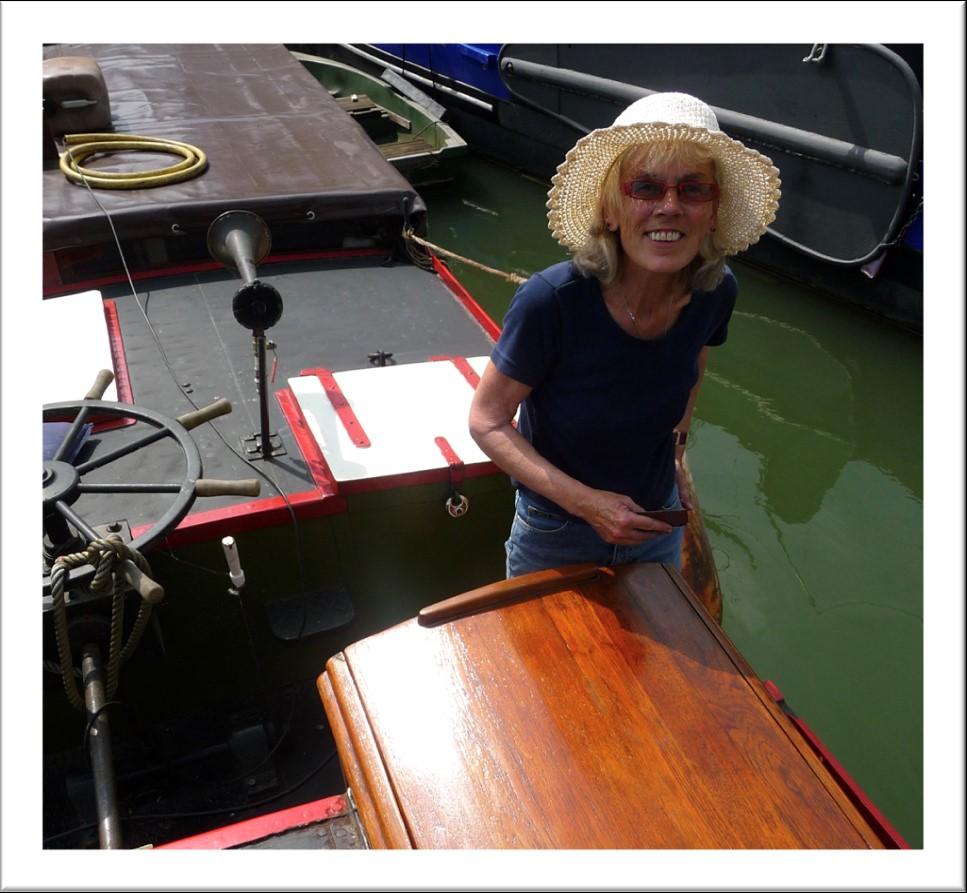
Views from the canal
VALERIE POORE takes the helm of our regular barge boat column.
As I write this article, we’re in the middle of the Corona virus pandemic crisis that’s been sweeping the world since early in the year. Although it’s currently showing no signs of abating, some countries are beginning to talk of loosening the regulations. Even so, the current regulations will only be relaxed under certain provisos, which tells us the dangers are far from over yet. There’s no doubt it’s affected all of us dramatically. Everyone, everywhere, has had to accept restrictions and limitations on their lives, and those of us with boats and barges on Europe’s canals are no exception. The Facebook group I belong to, Women on Barges, is full of posts from friends afar mourning the fact they cannot get to France, Belgium or the Netherlands to be reunited with their floating summer homes. There is hope that it will be possible later in the year, but there’s no guarantee of that yet and I really feel for them. Even for me as someone who lives in the centre of a boating community, life has changed considerably. Rotterdam’s Oude Haven is quiet in a way I have never experienced before. First off, I’ll admit I’m not spending much time on board at the moment. Because my lovely Vereeniging lies in the heart of Rotterdam’s busiest business and commercial area, and because it’s almost impossible to maintain the social distancing rules with neighbours, I feel it’s simply safer not to be there too much. Our barges lie so close together I almost bump into them, (the neighbours, not the barges) every time I step outside, so I’ve retreated to my weekend getaway on the Dutch-Belgian border where my partner and I have our own holiday boat, the Hennie H. Down in Zeeuws Vlanderen (or Zeelandic Flanders as Wikipedia calls it), we have space in which to move with plenty of walks in rural fields and lanes, so it’s altogether a better place for us to be. We are two baby boomers and as such we’re on the wrong end of the age spectrum when it comes to being vulnerable to the virus. Having said that, I go to Rotterdam every
Living a flat-bottomed life in lockdown
week to check on things and it’s very strange to see the Oude Haven now. At this time of year, with Easter just past and the school holidays up ahead, there’s usually plenty of play in our part of the harbour: rowers, boats with outboards, speed boats, floating hot tubs, jet skiers, swimmers, you name it, everyone’s out there –normally, that is. Add to that the occasional drunken students hurling chairs and bikes into the harbour at night (why that should be amusing I don’t know) and the odd inadvertent plunger, it’s a season when the Dutch come out to enjoy their water. At the moment, though, all is still. There are no jet skiers, cruisers, or hot tubbers; sports are currently forbidden, and although a few residents are still pottering around in their rowing boats, and some brave kids are trying out the chilly waters of the river as respite from the unseasonably warm sunshine, the harbour is ours. Do I like it? You bet. Do I miss the pleasure boaters? Not really, except perhaps for the floating saunas, which are always fun to watch. Another change is that where the terraces would usually be crowded with coffee drinkers by day and alcohol drinkers by night, now they are empty. No longer are glasses being raised but paint brushes and ladders instead, as the café owners catch up with maintenance during the lockdown. The chairs and tables are all stacked up and in place of the buzz of conversation and the chink of cutlery on porcelain, we hear the growl of electric drills and the whine of sanders being used to smooth down furnishings ready for varnishing. At night too, peace reigns; there are no drunken students (bliss) and my bike remains safe from a dunking. And while I worry about what the situation is inevitably doing to our ‘horeca’ (as the hospitality industry is known), I have to admit the delight of undisturbed sleep has much to be said for it. As for my own maintenance, at the end of

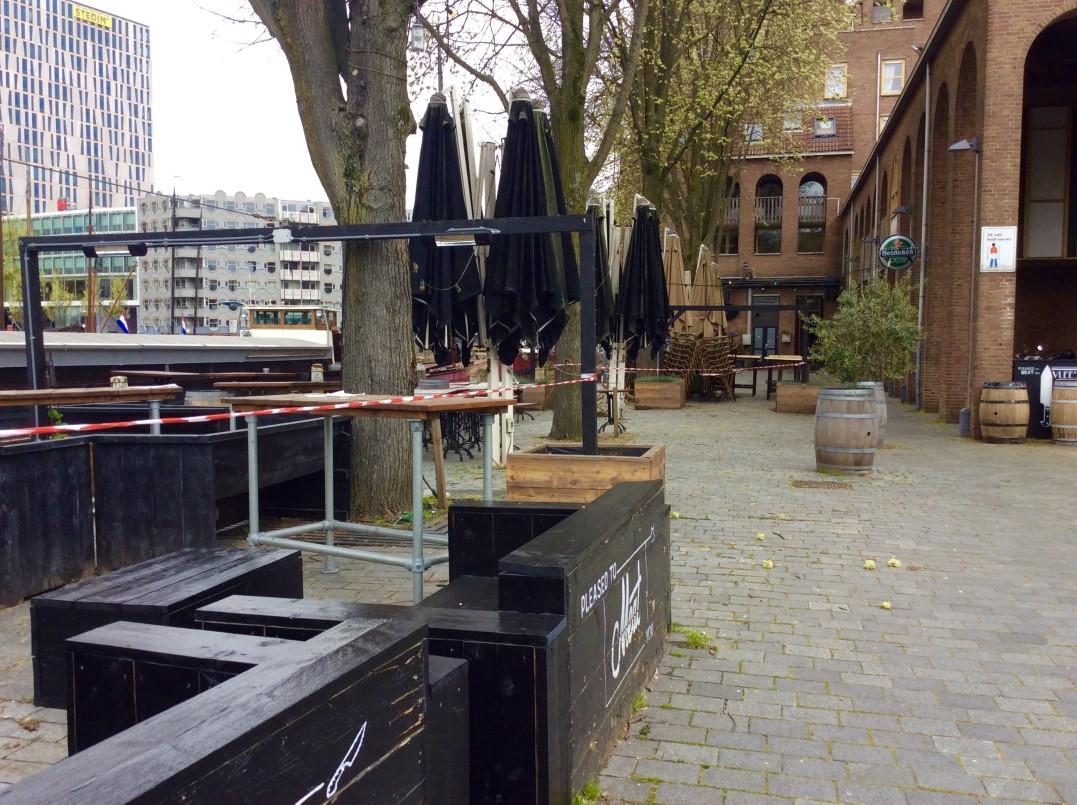
this month, I’ll be having a haul out and I’ll be on the slipway for two weeks. I expect you’re wondering how this is even possible in the current lockdown, but the policy here in the Netherlands is very simple. As long as we maintain the 1.5 metre social distancing rule, we can still largely do everything we want. “Houd afstand” or “Keep your distance” is a sign seen everywhere people are likely to gather in shops, businesses, public transport,
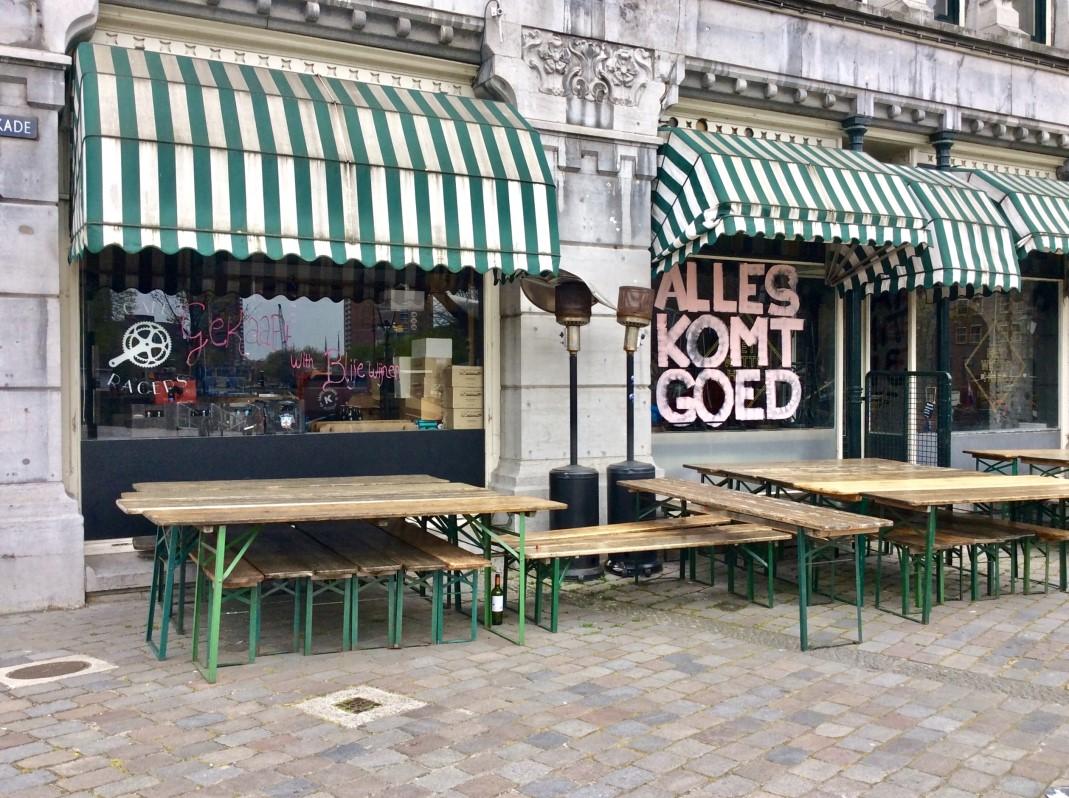
and even on the street. All these signs are displayed with images indicating the 1.5 metre distance between two people and in the supermarkets, there are stickers on the floor marking the appropriate gap. As long as we all comply, life and work can continue.
However, the leisure industry as a whole is closed because it’s impossible to ensure people maintain their distance in such social
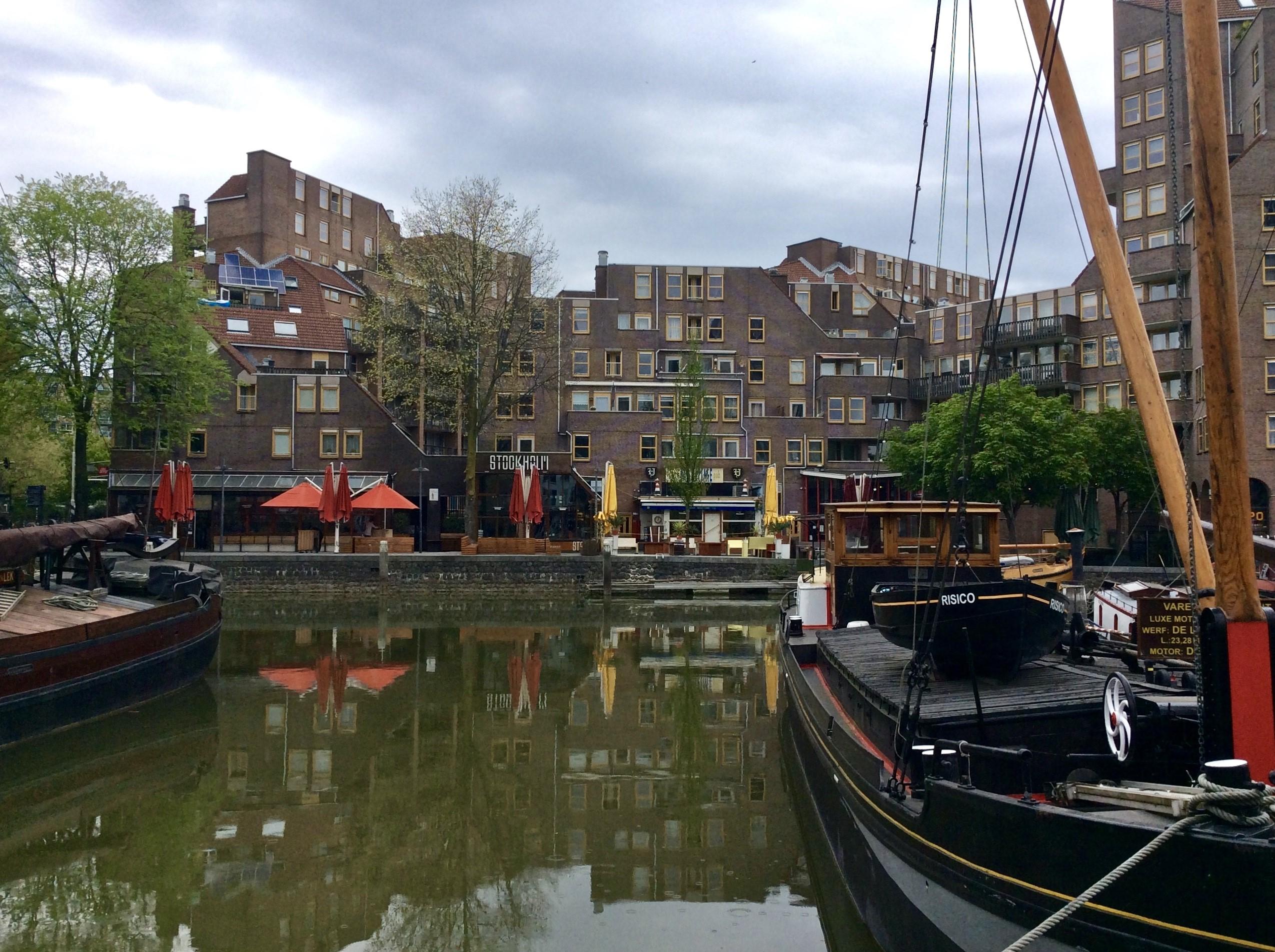
situations, and, for obvious reasons, hairdressers are also closed, as are schools and universities. But, everything else can still be open and operational, and in many cases, businesses such as building and house painting are continuing as normal. This is also true of our shipyard. As a barge owner, I don’t have to be close to those in charge of hauling my Vereeniging out of the water, nor do they have to help me with cleaning and painting. As a result, it’s all still legally and practically possible to do the work. It’s time to gather it all together for a couple of weeks of serious hard labour –all at a suitable distance, of course.


So on that note, I’d better get on with preparing the tools of my own trade as a flatbottomed girl. Out with the high-pressure sprayer, the mussel scrapers and the rollers.
VALERIE POORE was born in London, England, and grew up in both north London and the west of Dorset. She moved to South Africa in 1981 but returned to Europe in 2001, which is when she began her love affair with the lovely Dutch flat-bottomed barges (hence the page title). She has lived on a barge in Rotterdam’s Oude Haven since then, but summers see her and her partner on the Belgian and French canals. Val teaches writing skills at the local uni for a living, but has written several memoirs about her waterways life. Writing is a lifelong love as well as being her work.
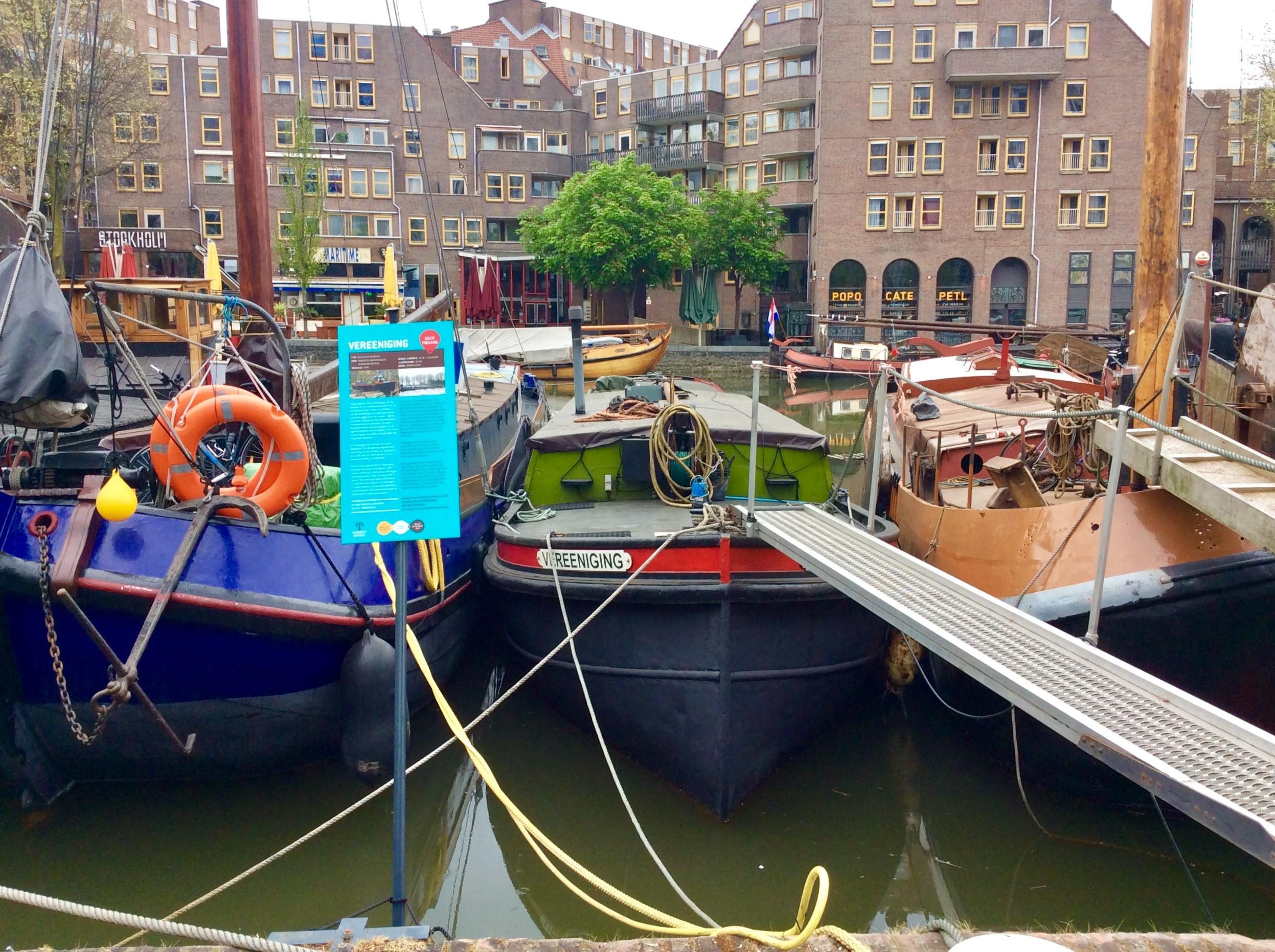
Valerie’s books can be found at the following Amazon links:
Harbour Ways: https://geni.us/CkA1N91
Walloon Ways: http://geni.us/1CDTu
Faring to France on a Shoe: http://geni.us/AOt9kT
Rotterdam Reflections: http://geni.us/5pSxcgs
The Skipper’s Child: http://geni.us/PBwQnP
Watery Ways: http://geni.us/IusDZT
New from Valerie Poore….
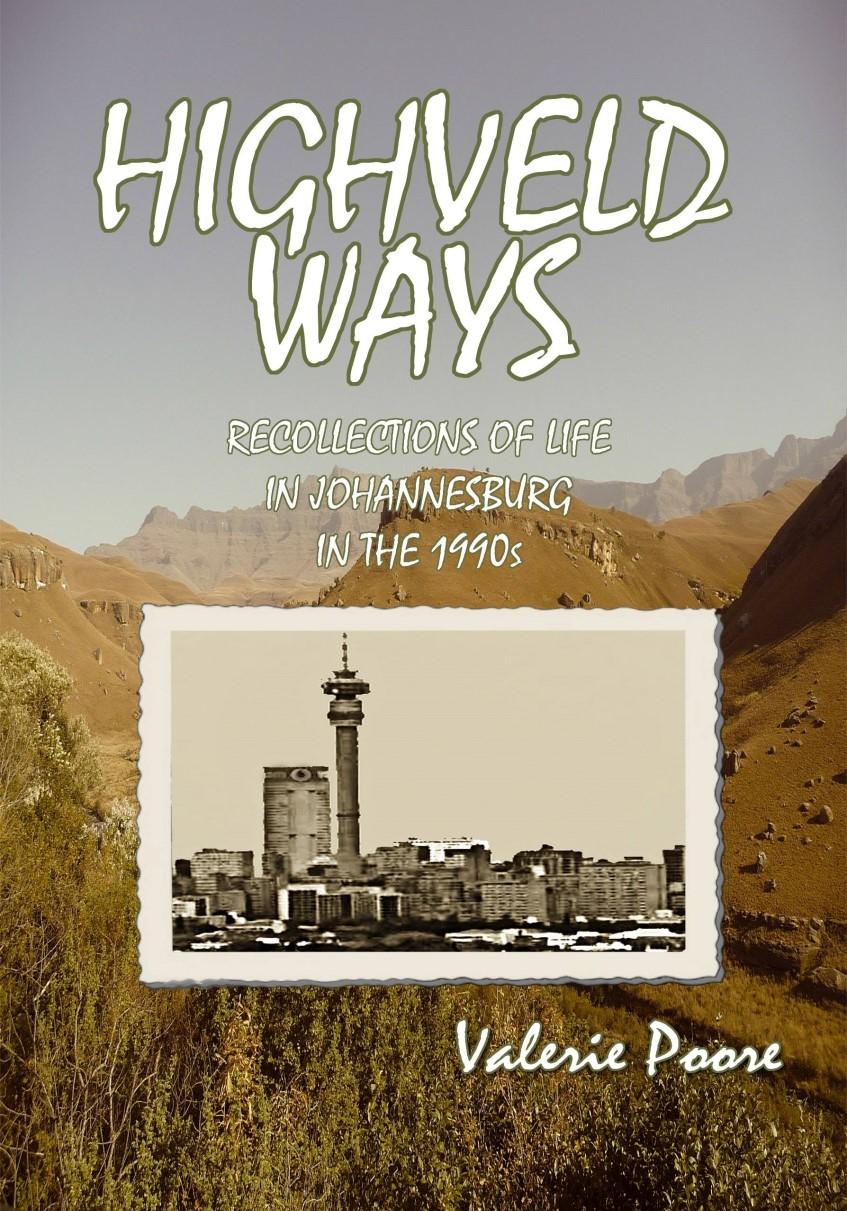
This is the third book about the author's life in South Africa. In Highveld Ways, Valerie and her children join her husband in Johannesburg and begin a decade of life in and around the city. During the years that follow her arrival in 1989, Valerie explores the Highveld area on which Johannesburg is built and learns to love every aspect of South Africa's biggest, baddest city. The family move house five times and each new home brings its own memories and adventures, along with trips to Namibia, Zimbabwe and other parts of South Africa. The backcloth to this memoir is the turbulent political upheaval of the early 90s as well as the emergence of the New South Africa under Nelson Mandela. While no story about South Africa at the time can escape the often violent lead-up to the changes, Valerie's memories are focused on the events, the places and above all, the people who filled her life at the time.
